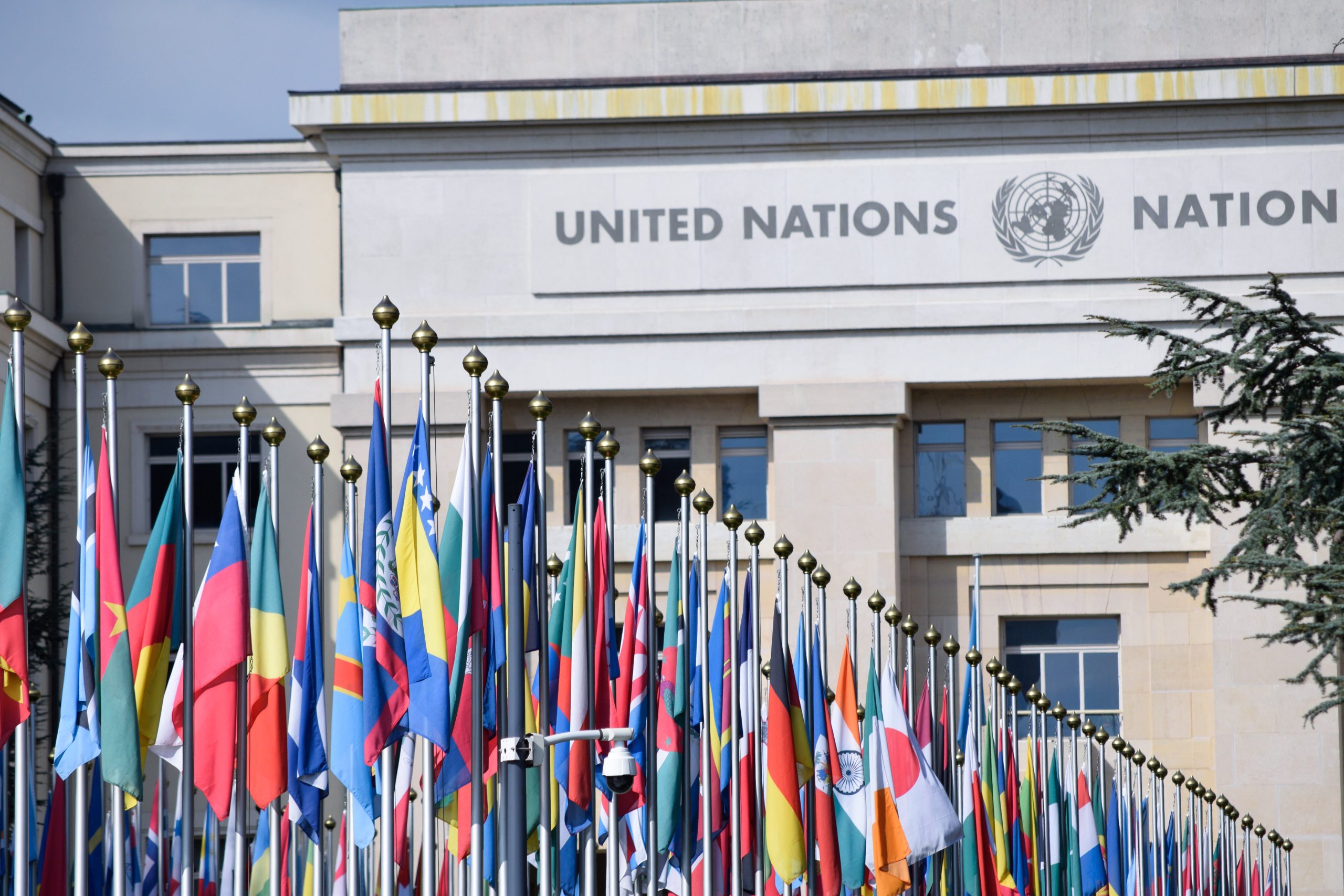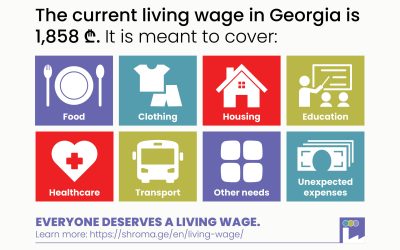The Fair Labor Platform has joined three other civil society organizations in submitting a report to the United Nations assessing Georgia’s implementation of the International Covenant on Economic, Social and Cultural Rights (ICESCR), an important human rights treaty that includes labor rights.
Georgia is scheduled to be formally reviewed for compliance with the ICESCR in 2023-24, a process that begins in Geneva in early March. The review will be conducted by a body of 18 independent experts known as the UN Committee on Economic, Social and Cultural Rights.
The Fair Labor Platform’s report was drafted along with the Social Justice Center, Georgian Young Lawyers’ Association (GYLA) and Partnership for Human Rights (PHR). It covers labor and employment rights, social protection, adequate housing, health care and education rights, and makes specific recommendations on what issues the Committee should raise during the review process.
Key focus areas for labor rights include:
- The inadequacy of Georgia’s minimum wage, which has not been updated since 1999 and stands at 20 GEL (USD 7.50) per month;
- Illegal dismissals of workers, including in the culture sector;
- The lack of social security guarantees for workers in the informal sector; and
- Challenges to protecting decent working conditions and labor safety.
The document also covers other challenges to social, economic and cultural rights in Georgia, including: insufficiency of anti-poverty measures (especially in targeted social protection and community employment programs), shortcomings in policies related to adequate housing and evictions, barriers to women’s access to sexual and reproductive health, and the absence of a comprehensive sexuality education component in the general education system.
The ICESCR was adopted by the United Nations General Assembly in 1966, entered into force in 1976 and has been ratified by over 170 countries. It is considered one of the three core UN treaties that make up the “International Bill of Human Rights.” Georgia ratified the treaty in 1994.
Governments that ratify the treaty are required to submit periodic reports to the UN Committee regarding their implementation of the pact. Based on these reports, the Committee then issues a package of recommendations aimed at improving socio-economic and cultural rights in the country. The Committee has no formal enforcement powers, but its recommendations are considered influential.
Unfortunately, the UN committee has not been able to evaluate Georgia’s implementation since 2002, due to the successive governments’ failure to submit the required reports. The report under consideration was sent only in 2022, some 15 years late.
The initial review of Georgia’s report will take place at the meeting of the pre-sessional working group of the UN Committee between March 4-8. During this period, the working group will question the Georgian government to obtain additional information and formulate a list of key issues for discussion. The final assessment and recommendations are expected in late 2024 or early 2025.
The Fair Labor Platform and its partners will participate in the civil society discussion portion of the session and will periodically provide the public with information about the processes, including any recommendations issued and the status of their implementation.
You can read the full submission here.
Update (July 19, 2024)
Following Georgia’s initial review in March 2024, the UN Committee on Economic, Social and Cultural Rights has published the official List of Issues to be addressed during Georgia’s review. This document, available here, is a formal request for more information on certain areas, either for clarification or because there wasn’t sufficient evidence in the government’s initial report. It also highlights areas where the Committee is particularly concerned.
Paragraph 13 of the List of Issues requests Georgia to: “provide information on any legislative and other measures taken in the last five years, and their impact, to effectively protect the rights of workers to just and favourable conditions of work, including fair remuneration, a minimum wage, reasonable working hours, and health and safety.” It also requests additional statistical information on the work of the Labour Inspection Service and information on any envisaged ratification of International Labour Organization conventions, including those related to occupational safety and health.
The Georgian government has until 30 November 2024 to respond to the Committee’s request for more information.



